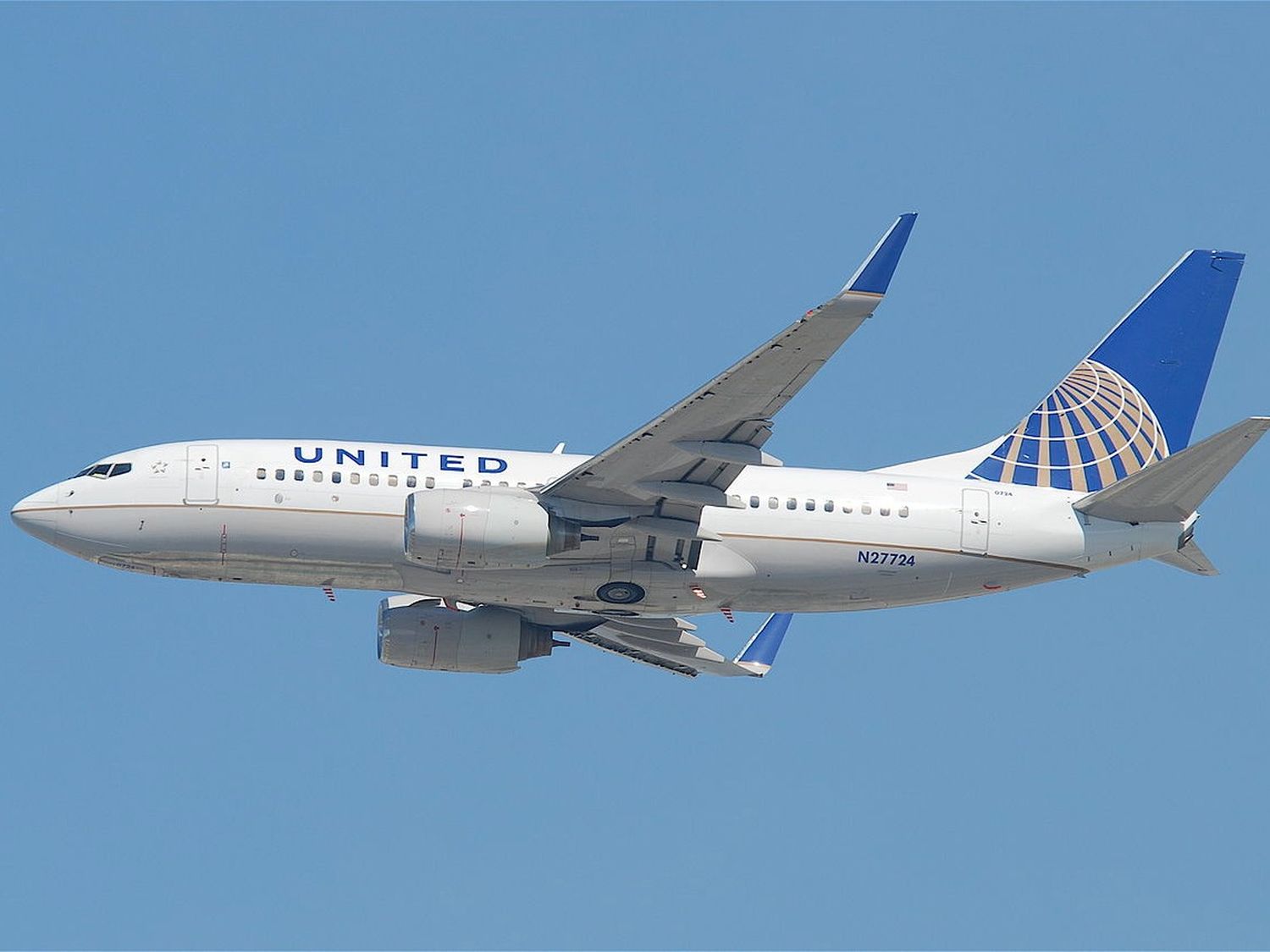United CEO Scott Kirby reassures staff about Newark Airport safety amid air traffic control concerns
United Airlines CEO Scott Kirby sent an internal message to tens of thousands of employees to reaffirm the safety of operations at Newark Liberty International Airport (EWR). The message comes amid growing concerns over technological failures in air traffic control systems and a notable shortage of controllers in the region.
Kirby said he wanted to "clarify the facts" following what he described as inaccurate reports about the situation at Newark, according to media outlet PYOK. The controversy escalated after a previous message from Kirby to frequent flyers, in which he claimed that roughly 20% of air traffic controllers assigned to Newark had abruptly left their posts due to serious technological failures within the Federal Aviation Administration’s (FAA) systems.
In his latest message to staff, Kirby was emphatic: "First and foremost, all flights operating at EWR are absolutely safe." This statement aims to ease concerns following reports of loss of communication between aircraft and controllers near the airport, attributed to outdated technological infrastructure.
The United CEO added that "FAA protocol mandates that, in the event of technical failures or staffing shortages, all airlines must reduce operations or cancel flights to maintain the highest safety standards." He also emphasized United's own responsibilities, noting: "Our pilots have logged thousands of flight hours and regularly undergo simulator training. They follow strict procedures to re-establish communication in the event of a contact loss, ensuring the aircraft continues safely to its destination."
Despite these reassurances, Kirby also directed criticism at the FAA for authorizing a flight volume during peak hours that exceeds the operational capacity the agency itself considers safe—even under optimal conditions with full staffing and fully functioning systems. "That equation doesn’t hold up," he said, revealing that the FAA frequently approves over 80 operations per hour between 3:00 p.m. and 8:00 p.m.
Kirby argued that Newark Airport deserves to be treated as the "crown jewel" it is for the region. He explained that many of the world’s busiest airports operate under slot control systems, which require airlines to compete for specific takeoff and landing time slots, ensuring operations remain within safe limits.
In the U.S., New York's JFK and LaGuardia airports operate under such slot systems. However, the FAA discontinued slot control at Newark in 2016. As a result, while the agency acknowledges an ideal cap of no more than 77 operations per hour, this number serves as a guideline rather than a mandatory limit.
The situation is further strained by ongoing runway maintenance at Newark, according to Kirby. He advocates for the immediate adoption of stricter measures, proposing a temporary limit of 48 flights per hour during the construction phase, gradually increasing to 77 operations per hour once the work is complete.
So far, neither the FAA nor Transportation Secretary Sean Duffy has issued an official statement regarding the potential reintroduction of slot control at Newark. However, sources from the previous administration noted that flight activity at Newark was scaled back during earlier phases of runway renovations.


Para comentar, debés estar registradoPor favor, iniciá sesión